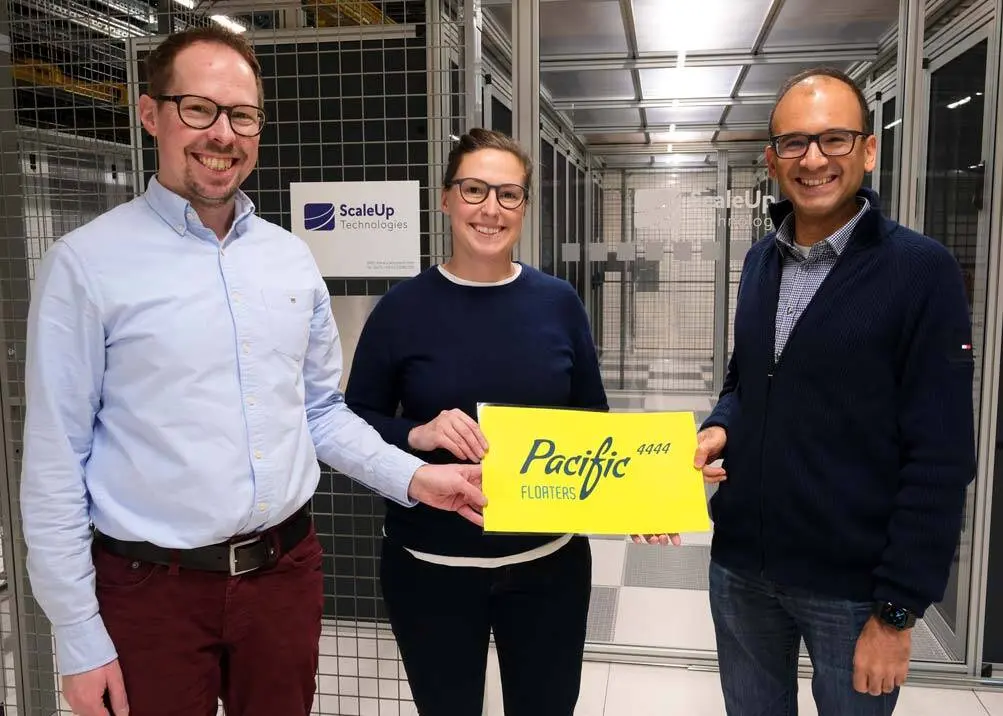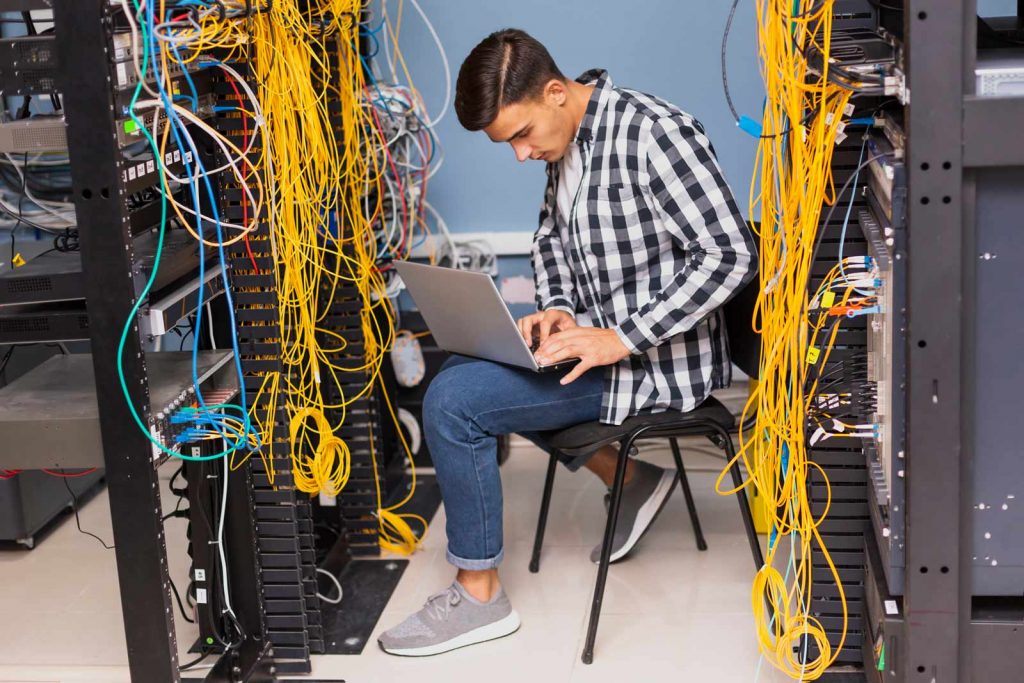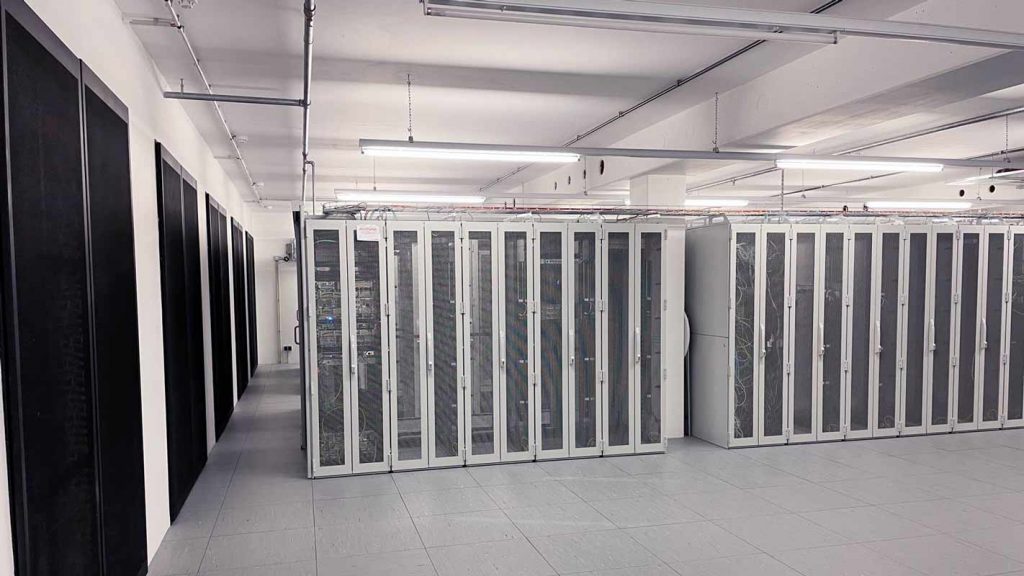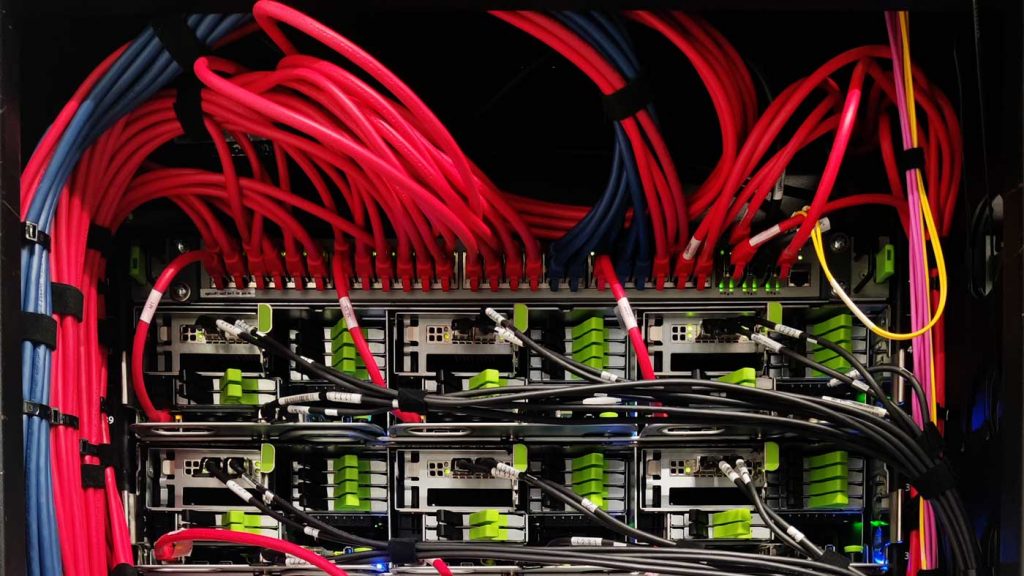The Atlantic Campaigns' first Pacific Challenge starts June 12, 2023 with 14 teams from all over the world. The 2-man rowing team "Pacific Floaters" - Wolfgang Fankhauser alias "Dewey and Catharina Streit alias "Cätschi - are with their Frida boat for the first time. The race represents a mental and physical borderline experience. Both have already rowed across the Atlantic in December 2019, Dewey as the first Austrian solo rower and Cätschi in the first German 4-man team. So both know what's coming.
For a good cause
Challenge participants will donate the proceeds of their boats and the surplus of the sponsorship to social projects of their choice. The Pacific Floaters will donate the proceeds of their custom-built boat Frida after the Challenge to the charities "Wings for Life" and "St. Raphael Hospiz Salzburg".
With their participation in the rowing regatta, Dewey and Catharina want to show: "Live your dream, even if it seems unattainable". In doing so, the two are concerned with courage, inspiration for others and self-confidence. "Especially in today's society, it is important to show young people perspectives and also to act a bit as a role model," says Catharina Streit.
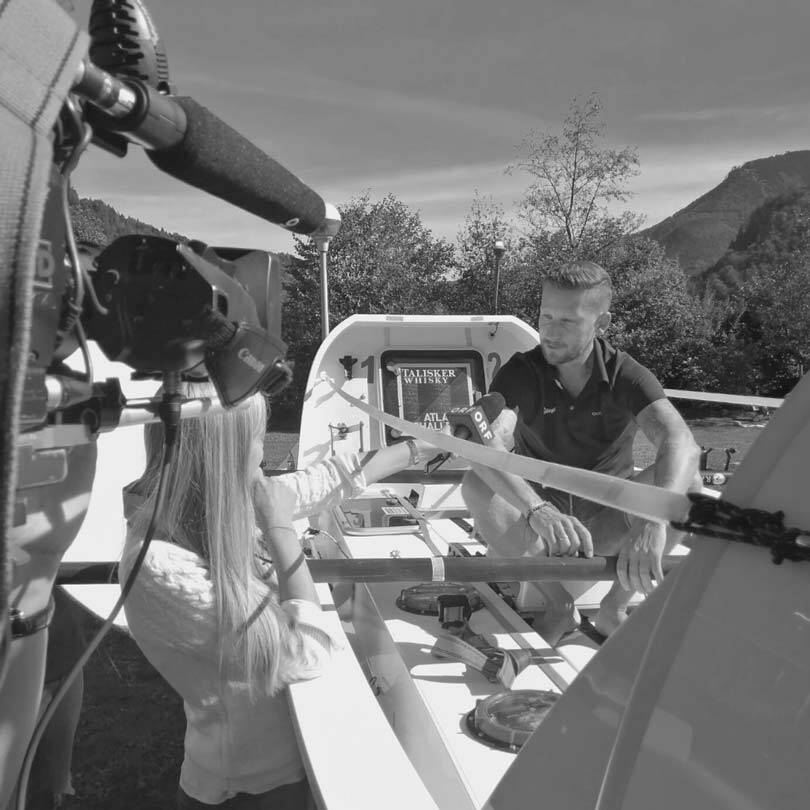
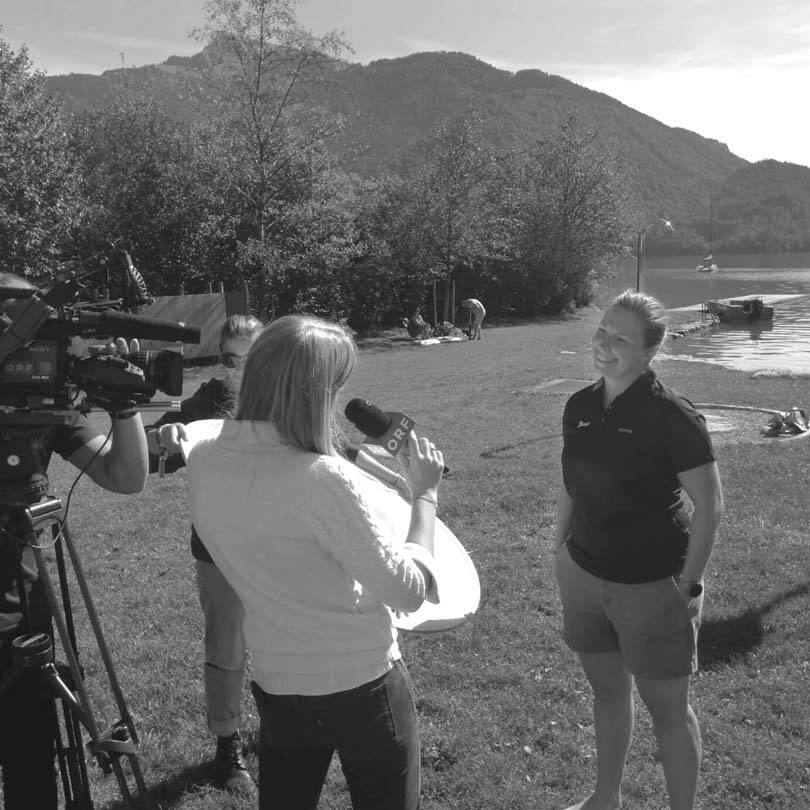
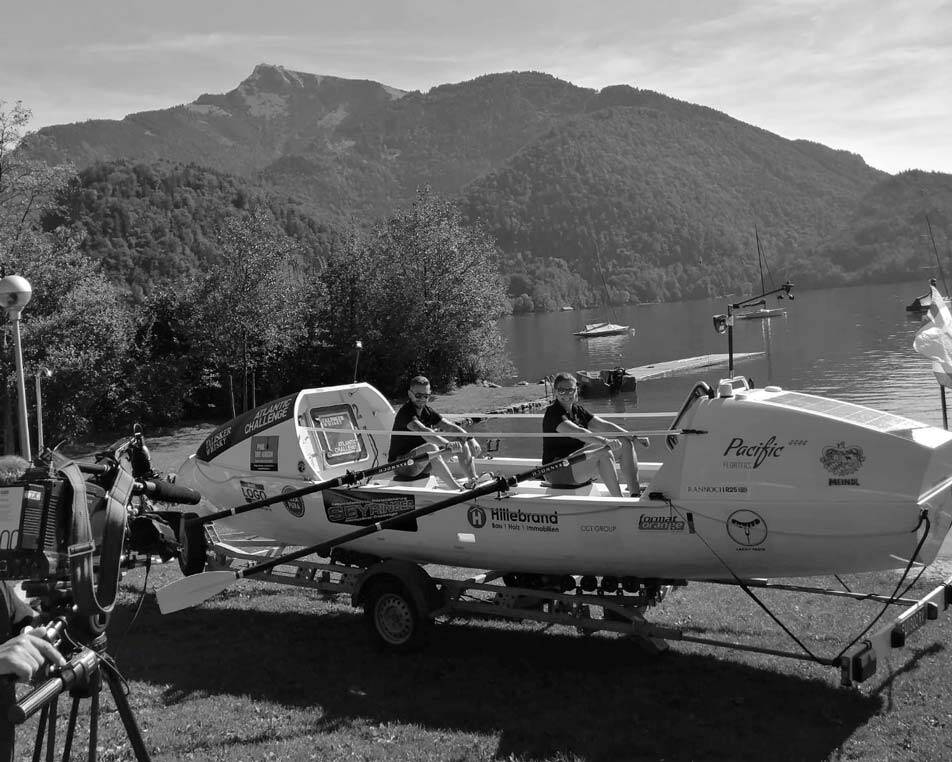
A big challenge
The Pacific Challenge 2023 will be one of the biggest challenges for both. So far, only 80 people have taken on the Pacific Challenge, which poses additional challenges such as unpredictable weather conditions and colder water temperatures (sometimes only around 14 degrees Celsius) than the Atlantic crossing. Rowing is done in 2-hour shifts , continuously 24/7, without an escort boat. That is, there will be two hours of rowing and two hours of "resting", with the rest periods including time for eating, navigation and boat maintenance. Food is based on freeze-dried, high-calorie food that - well - fills you up. Over a period of about 40 to 60 days, they will be completely on their own, pushing their physical and mental limits on a daily basis.
Catharina Streit is the sister of ScaleUp Technologies founder and CEO, Christoph Streit, who says of the decision, "With Catharina's first Challenge across the Atlantic, I was initially a bit surprised and admittedly skeptical. With our decision to now be the main sponsor of the Pacific Floaters we would now like to support the team as best we can on their journey and draw attention to the outstanding physical and mental performance that this challenge requires."
ScaleUp will also provide its technical resources to support the team in preparation and during the regatta. The starting signal will be given on June 12.
Good luck Pacific Floaters!
Another TV tip: on Monday, May 1, 2023. Pacific Floaters on the live talk show "Das!" on the red sofa on NDR television. Here it goes to the Record.
